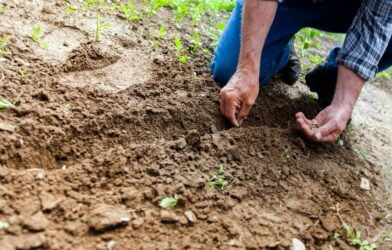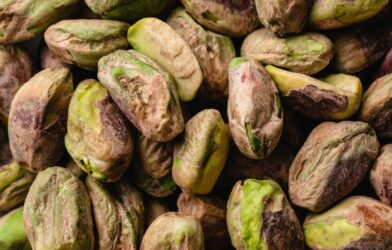We’ve all heard about the physical toll of space travel—astronauts lose muscle and bone, and their immune systems weaken. But a new study suggests that a key player in these health issues may be something far smaller and stranger: the trillions of microbes living inside your gut. A groundbreaking new study shows that spaceflight doesn’t just affect the human body; it profoundly alters the complex relationship between our cells and our gut bacteria. The findings point to these microbial shifts as a potential contributor to health problems observed in astronauts, such as non-alcoholic fatty liver disease, insulin resistance, and a compromised immune system.
The Inner Universe
The research, published in the journal npj Biofilms and Microbiomes, was led by an international team from University College Dublin, McGill University, and NASA. To conduct the study, they used a sophisticated method called “multiomics” to simultaneously study both the host (the mice) and the microorganisms in their gut. Researchers sent two groups of female mice to the International Space Station (ISS), one for 29 days and the other for 56 days. For comparison, two identical control groups were kept on Earth.
Researchers collected stool, colon, and liver tissue from all the mice. By analyzing these samples, they could see what was happening to the gut microbiome—the community of bacteria, fungi, and viruses—and how the mice’s own genes were responding. The findings were compelling. The scientists found significant changes in 44 different species of gut bacteria in the spaceflight mice compared to their Earth-bound counterparts.
How Space Messes With Metabolism
The research revealed two particularly important changes in the spaceflight mice’s gut bacteria. First, there was a decrease in bacteria that produce butyrate, a substance essential for a healthy metabolism and immune system. On Earth, a lack of these bacteria is often linked to conditions like metabolic syndrome and obesity. The drop in butyrate-producing bacteria suggests a critical metabolic process is being disrupted in space.
Second, the study found a reduction in bacteria that help process bile acids. These acids are made in the liver and are crucial for digesting fats. Gut bacteria modify them, which helps to regulate our metabolism and manage inflammation. The study noted that a reduction in these bacteria, such as Extibacter muris, could lead to a buildup of toxic bile acids and cholesterol, which is consistent with non-alcoholic fatty liver disease (NAFLD) often seen in rodents and astronauts after spaceflight. The study also looked at the mice’s genetic response, and what they found mirrored the changes in their gut bacteria. Genes responsible for processing bile acids and regulating energy were altered, and there was also a widespread suppression of genes related to the immune system.
What This Means For Future Space Missions
The findings offer a sobering view of how intertwined our health is with our inner universe. The observed changes—specifically the alterations to butyrate and bile acid metabolism—are similar to patterns seen in humans with metabolic syndrome and obesity. By studying these conditions in the unique environment of space, we could unlock new therapies for these common health issues on Earth.
As we set our sights on longer missions to the Moon and Mars, this research makes one thing clear: our ability to protect the health of future space explorers will depend on our ability to understand and safeguard the microscopic ecosystems that travel with them.
Paper Summary
Methodology
The study used a multiomics approach to investigate the gut microbiome and gene expression in female mice during spaceflight. Two groups of mice were sent to the International Space Station (ISS) for 29 and 56 days, with two identical control groups remaining on Earth. Researchers collected stool, colon, and liver samples from all mice for analysis.
Results
Spaceflight caused significant changes in 44 species of gut bacteria in mice, including a decrease in bacteria that produce butyrate and those that process bile acids. This corresponded with altered host gene expression in the colon and liver, particularly in genes related to energy metabolism and immune function. The spaceflight mice also experienced a significant increase in total body weight.
Limitations
The study was conducted on mice, so the findings may not directly translate to humans. The sequencing methods used also have known vulnerabilities to bias, and further research is needed to fully understand the role of some specific bacterial changes.
Funding and Disclosures
The research was funded by NASA GeneLab and the University College Dublin Ad Astra program. The authors stated that they have no competing interests.
Publication Information
The study, titled “Spaceflight alters host-gut microbiota interactions,” was published in the journal npj Biofilms and Microbiomes.












